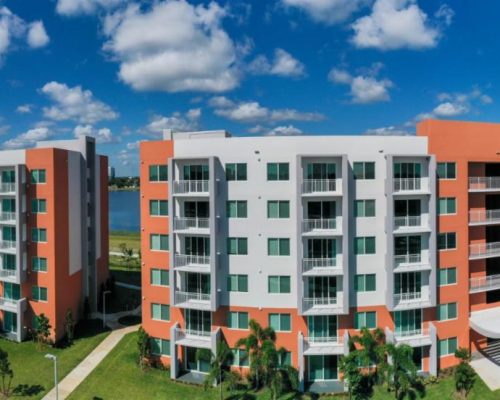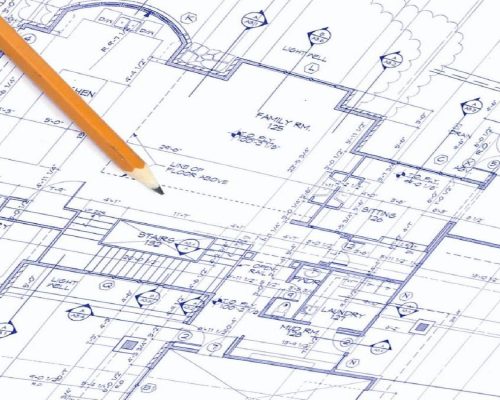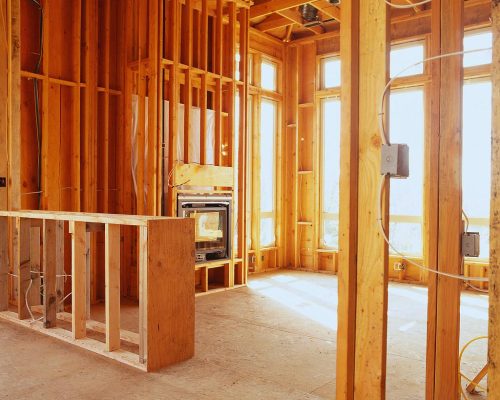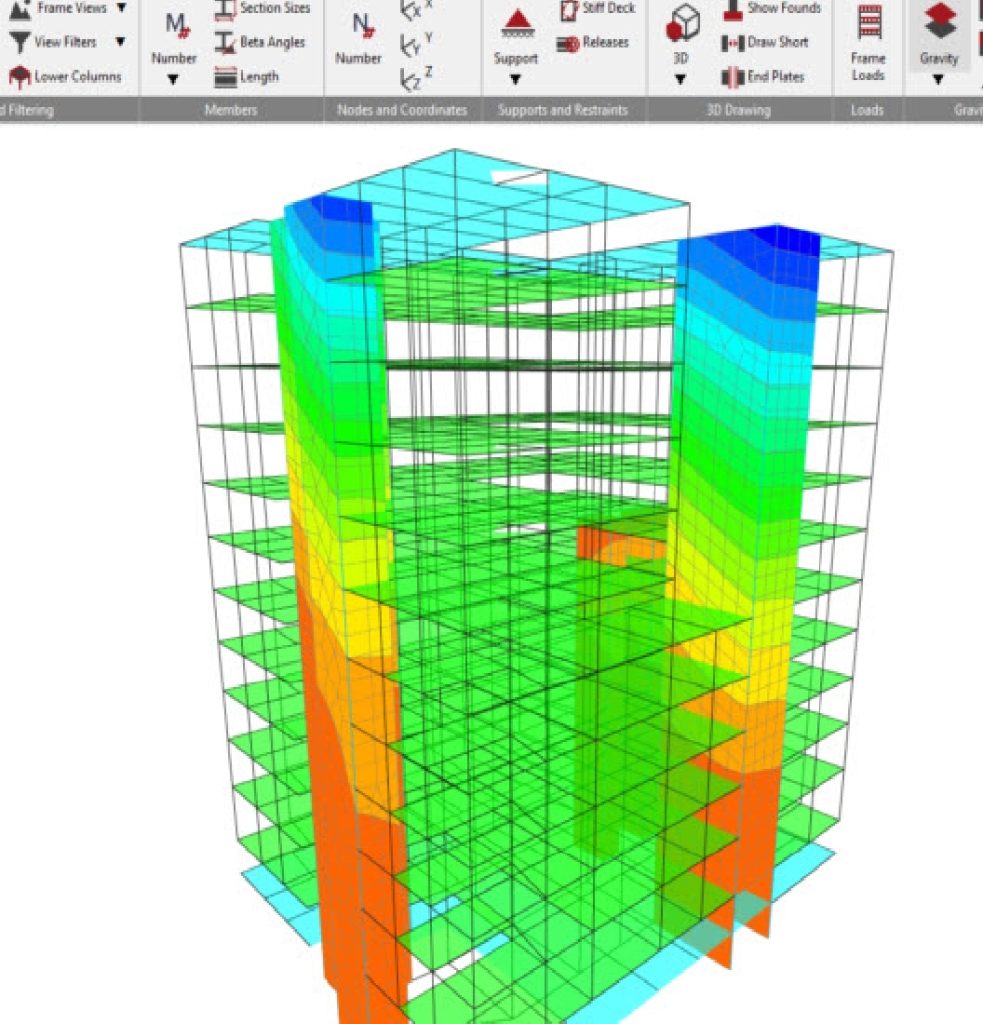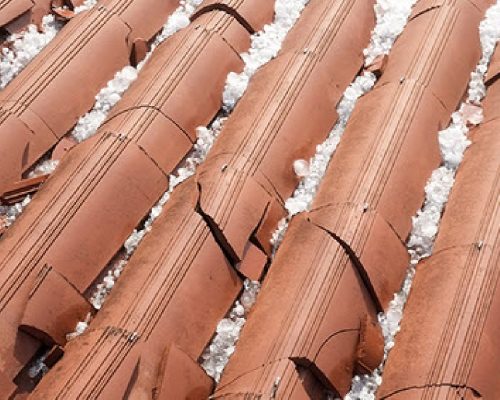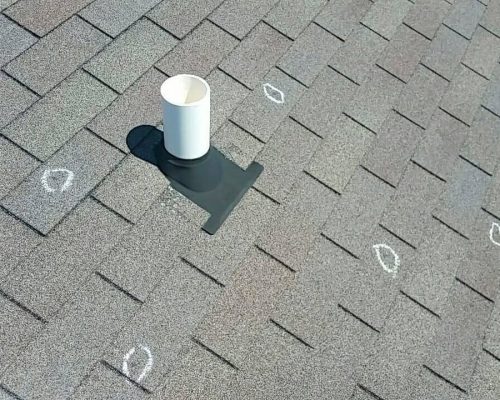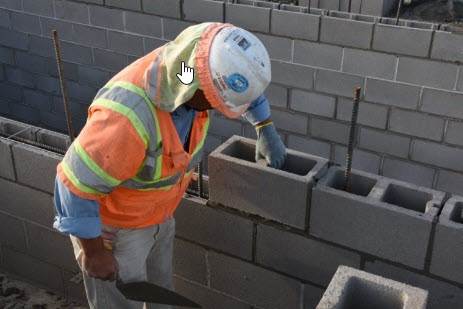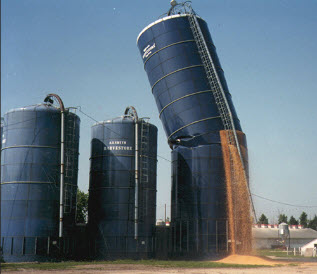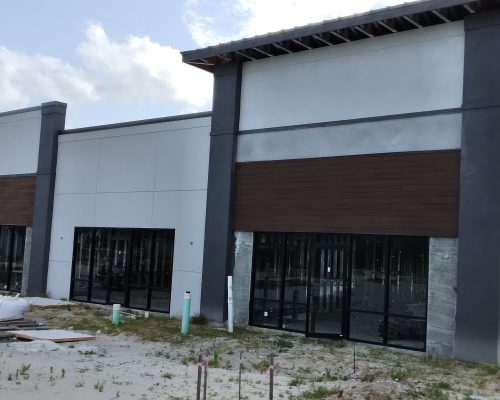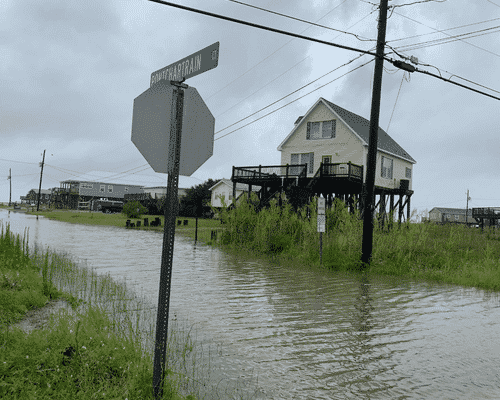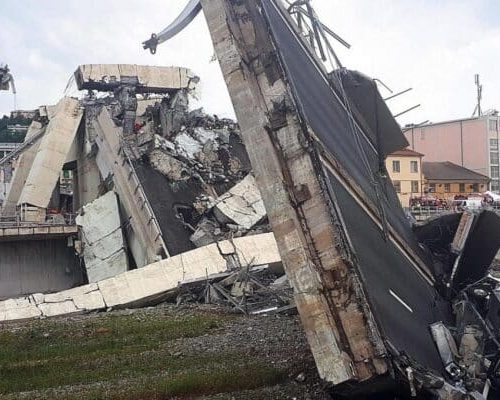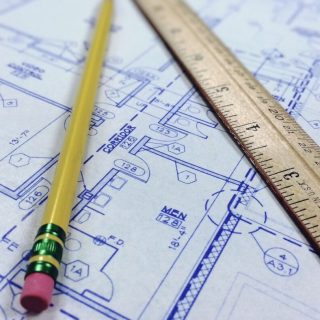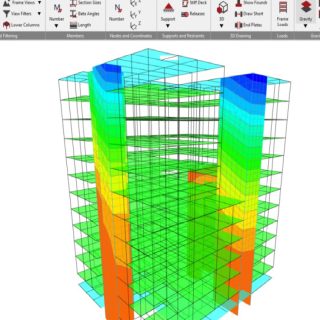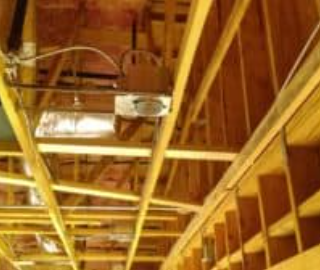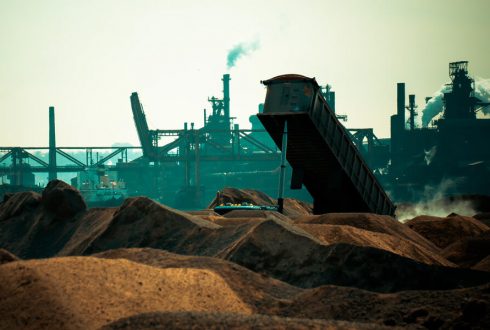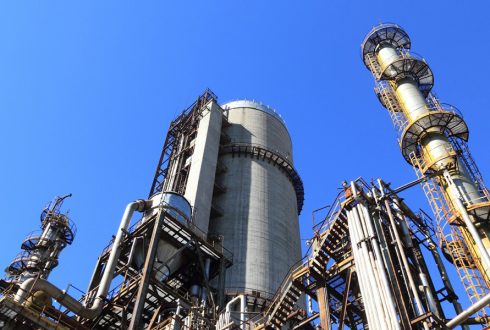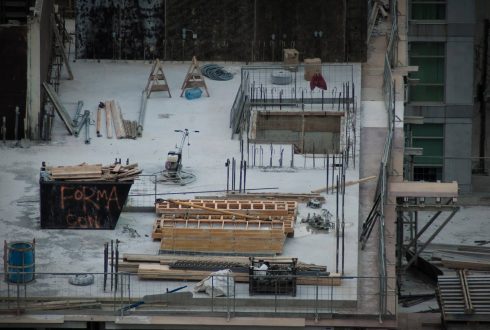- Orlando/Daytona: (321) 355-6052,.....Tampa: (813) 398-5383....... JAX:... (904) 361-9877
- info@EMAengineers.Com
- Mon - Sat: 9:00AM - 6:00PM

STRUCTURAL ENGINEERS | FORENSIC ENGINEERS
FLORIDA MILESTONE INSPECTIONS
CALL (561) 372-6102 & (954) 361-4524

STRUCTURAL ENGINEERS | FORENSIC ENGINEERS
FLORIDA MILESTONE INSPECTIONS
CALL (561) 372-6102 & (954) 361-4524
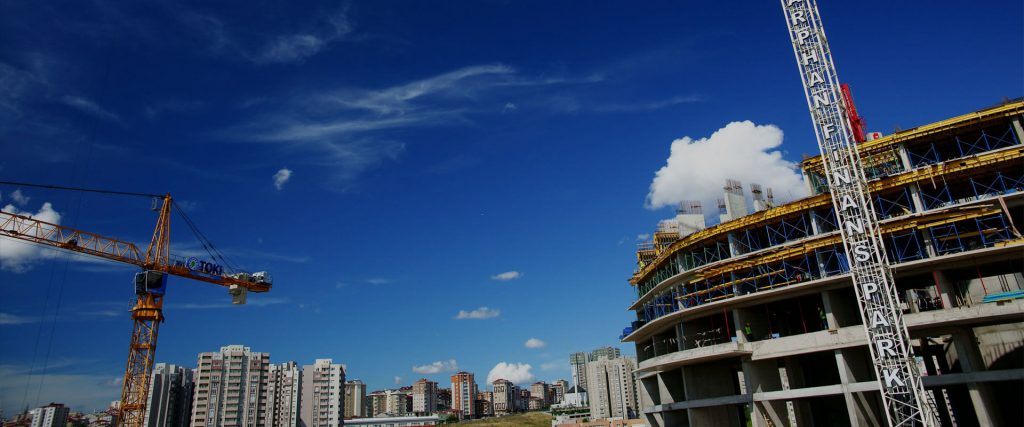
STRUCTURAL ENGINEERS | FORENSIC ENGINEERS
FLORIDA MILESTONE INSPECTIONS
CALL (561) 372-6102 & (954) 361-4524
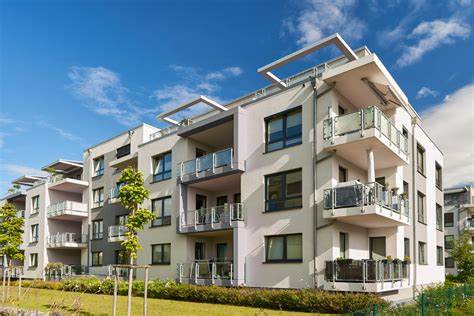
Structural Engineers doing structural analysis & design.
Forensic Engineering, Building damage assessments.
We do Condominium milestone Structural Inspections.
Structural Engineers, Florida Milestone Inspections, Forensic Engineers.
Milestone Inspections Florida
Milestone Inspections Florida
Website: https://milestoneinspections.pro
https://emaengineers.com
Orlando / Daytona: 321-355-6052
Tampa / Clearwater: (813) 398-5383
Florida’s Trusted Structural & Forensic Engineers
Welcome to Milestone Inspections Florida, your state-certified partner for structural engineering, forensic investigations, milestone inspections, hurricane damage assessments, and threshold inspections across Florida. Our licensed engineers provide accurate, code-compliant, and timely services tailored for condominium associations, property managers, developers, HOAs, and homeowners.
🚧 Our Comprehensive Engineering Services
Milestone Inspections (SB 4-D)
Under Florida Statute 553.899 (SB 4-D), all condominiums and co-op buildings that are three or more stories tall must undergo mandatory milestone inspections to evaluate the structural integrity of primary components such as load-bearing walls, columns, slabs, decks, and foundations. These inspections help prevent structural failures and ensure compliance with Florida Building Code regulations.
Our licensed engineers provide both:
Phase 1 Visual Inspections: A thorough visual safety assessment by experienced engineers or architects to identify signs of structural deterioration.
Phase 2 In-Depth Testing: If Phase 1 reveals any concerns, Phase 2 involves detailed non-destructive or destructive testing methods including core sampling, infrared thermography, and lab analysis.
Learn more about our Milestone Inspections
service.
Structural Engineering Services
Our structural engineers specialize in evaluating building stability, load capacity, and compliance with Florida codes. Whether it’s new construction oversight or pre-purchase inspections, we identify vulnerabilities in foundations, framing, beams, and walls to help avoid costly repairs.
Visit our Structural Engineering
page for details on our services.
Forensic Engineering Investigations
If your property has suffered damage due to hurricanes, water intrusion, or construction defects, our forensic engineers will perform a comprehensive investigation to determine the root cause. We prepare detailed reports suitable for insurance claims, litigation, or repair planning.
See how our Forensic Engineering
services can help you.
Hurricane Damage Inspections
Florida’s coastal location exposes buildings to frequent hurricanes and tropical storms. Our rapid-response teams provide professional inspections for roof damage, foundation shifts, flooding effects, and structural weaknesses caused by storm events. We help you document damage accurately for insurance claims and recovery.
More information on our Hurricane Damage Inspections
.
Threshold Inspections
As defined by Florida law, threshold buildings—structures over three stories or 50 feet tall—require continuous inspections throughout construction phases. Our engineers provide detailed pre-pour, phase, and final inspections, onsite supervision, and compliance documentation to help projects pass city approvals and maintain safety standards.
Discover our Threshold Inspections
offerings.
⭐ Why Choose Milestone Inspections Florida
Licensed and insured professional engineers with Florida state certification
Compliance with SB 4-D and Florida Statute 553.71 for milestone and threshold inspections
Fast report turnaround (usually within 72 hours) with sealed and detailed documentation
Trusted by Homeowners Associations, law firms, insurance companies, builders, and municipalities
Advanced digital reporting tools including infrared imaging and drone inspections
Transparent pricing and dedicated client support
📍 Service Areas Across Florida
We serve all Florida counties including major metro and coastal areas:
Orlando | Daytona Beach | Tampa | Clearwater | Palm Beach | Fort Lauderdale | Hollywood | Pompano Beach | Melbourne | Vero Beach | Sarasota | Naples | Jacksonville | Cape Coral | Lakeland | St. Petersburg | Boca Raton | Delray Beach | Miami
❓ Frequently Asked Questions (FAQ)
Q1: What is a Milestone Inspection and why is it important?
A Milestone Inspection is a mandatory structural evaluation required by Florida law to ensure building safety and compliance. It helps detect structural deterioration early, preventing costly repairs and disasters. More on Milestone Inspections
.
Q2: When is a Threshold Inspection required?
Threshold Inspections are required for any building over 3 stories or 50 feet tall during construction phases. This ensures safety compliance throughout the project lifecycle.
Q3: How do I schedule a Hurricane Damage Inspection?
Contact us immediately after a storm for timely inspections and insurance documentation. Call Orlando/Daytona at 321-355-6052 or Tampa/Clearwater at (813) 398-5383.
Q4: Are your reports accepted by local authorities?
Yes, our inspection reports meet all Florida Building Code requirements and are recognized by city building departments, HOAs, and insurance companies.
Q5: How fast can I receive the inspection report?
Most reports are delivered within 72 hours after the inspection with digital copies and sealed documentation.
🌎 Local SEO & Geo Tags
We optimize for these local keywords and phrases to ensure you find us easily in your area:
Florida milestone inspection
Condo milestone inspections Florida
Structural engineers Orlando / Tampa / Clearwater
Forensic engineers Florida
Hurricane damage inspection Florida
Threshold inspections Florida
Phase 1 milestone inspection Florida
Phase 2 milestone inspection Florida
Florida building code compliant inspections
📞 Contact Us Today
Protect your property and comply with Florida law with our expert structural and forensic engineering services.
Orlando / Daytona: 321-355-6052
Tampa / Clearwater: (813) 398-5383
Website: https://milestoneinspections.pro
🔗 Useful External Resources
Florida Building Code Official Website: https://floridabuilding.org
Florida Statute 553.899 (SB 4-D) details: https://www.flsenate.gov/Laws/Statutes/2023/Chapter553/Section899
SB 4-D Inspection Guide: https://sb4d.com
Structural Engineers must do Florida Milestone Inspections for Condominium associations for each building that is three stories or more in height by December 24 of the year the building reaches 30 years of age and every ten years after that. If the building is within three miles of a coastline (direct contact with the open sea), a milestone inspection is required by December 24 of the year the building reaches 30 years of age and every ten years after that. A building’s age is based on the date the certificate of occupancy was issued.
Florida Milestone Inspections. How Does it Work?
When a building becomes 30 year or older, the county or city code compliance officials send a Notice of Required Inspection to the property owner. Milestone Inspections are based on the anniversary of the original Building or Structure’s Certificate of Occupancy.
The Florida Condominium Safety Bill, also known as the Florida Condo Inspection Bill, is a bill that would require mandatory building inspections and reserve studies for certain condominiums in the Sunshine State. The proposed Senate Bill 1702, though, did not pass.
EMA Structural Forensic Engineers are diligently providing Milestone Inspection throughout Florida by our licensed professional engineers.
Engineering Services
Structural Engineers, Forensic Engineers, Florida Milestone Inspections, Hurricane Damage Inspections
Are you looking for a Condo. Milestone Inspection Quote
Milestone Inspections. What Do Inspections Include?
Inspections must be performed by licensed engineers like EMA Structural Forensic Engineers. Our expert engineers look at many aspects of the building's foundational and electrical systems, including foundation, roofing systems, masonry retaining walls, steel frames, flooring, concrete framing systems, windows, wood framing, loading, electrical service, branch circuits, conduit raceways, and emergency lighting.
According to Florida statutes, the new Milestone Inspection Report must have the following:
The seal and signature of the licensed engineer or architect who performed the inspection.
The manner and type of inspections performed.
Identification of the substantial structural deterioration and a description of the deterioration.
State whether unsafe or dangerous conditions exist.
Recommend any remedial or preventative repairs.
Identify any further items requiring further inspection.
Upon completion of this report, a sealed copy must be furnished to the Condominium or Co-Op and to the building officials in the local government body that has jurisdiction over the building.
Past & Ongoing Projects
Roof Hail Damage
Roof Hail Damage InspectionsStructural Engineers Florida
ConstructionStructural Inspections Plam Beach
Condominium BuildingsStructural Inspections Daytona
AutomotiveTruss Damage Repairs
AgriculturalStructural Damage Inspections
ConstructionStructural Condition Surveys
Metal RefineForensic Building Engineers
AutomotiveOur Experts Team





Kyle Carter: Engineer GATX, GA
EMA Engineers performed a thorough structural condition inspection and assessment for our train repair facility in Waycross GA. Their engineer was professional, knowledgeable and
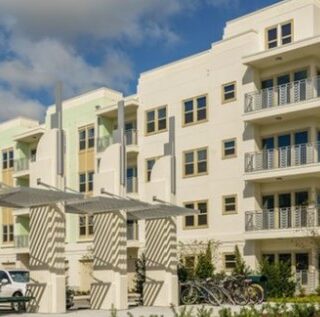
Chrissy, Sola at Celebration
EMA Forensic Engineers performed forensic damage assessments for $42 million new residential construction for balconies leaning issues. We were satisfied with their reports and

Drew Heaphy
Dr. Ali with a team of eight engineers and technicians performed structural damage assessment at the port of Chalmette Industrial buildings after Hurricane Katrina.

Robert Levine, Lexington Club
EMA Engineers performed forensic damage assessments & structural roof inspections for 180 units in our community. We were fully satisfied from their work, which

Jessy Munoz, Regional President
Thank you EMA engineers for your structural damage assessment studies at our Move It Storage, Corpus Christi.

Russell W. Wilson, Property Manager
EMA engineers performed a 40-year structural & electrical inspection at one of our property in Fort Lauderdale. Their reports were in compliance with Broward
Structural Engineers, Florida Milestone Inspections
Structural Engineering Service
Forensic Engineering, Milestone Inspections, Threshold Inspections
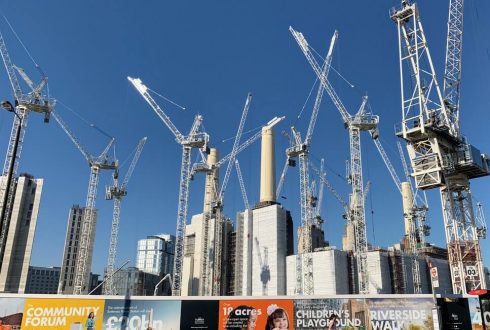
September 25, 2021
40 Year Structural Certification Daytona
40 Year Structural Certification Daytona EMA Structural Engineer Orlando, 40 year structural inspections, 50 year structural inspections, Structural Engineers Tampa,
September 25, 2021
40 Year Structural Certifications
40-Year Structural Certifications Florida EMA Structural Engineer Palm Beach, 40-year structural inspections, 50-year structural inspections, Structural Engineers Fort lauderdale, Structural
Comments: 0
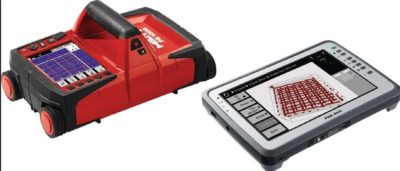
September 25, 2021
Concrete GPR Scan Daytona
Concrete GPR Scan DaytonaCall (321) 355-6052 to schedule your scanningConcrete GPR Scan in Daytona, St. Augustine, Cocoa, Melbourne, and surrounding
Comments: 0
June 16, 2023
Condo Milestone Inspections Jacksonville
httpssitesgooglecomviewnew condo milestone inspection Condo Milestone Inspections Jacksonville The New Condo Milestone Inspections Jacksonville is key to ensuring a condominium
Comments: 0

Structural Damage Inspections
Structural Damage Inspections Our Licensed PE Engineers can
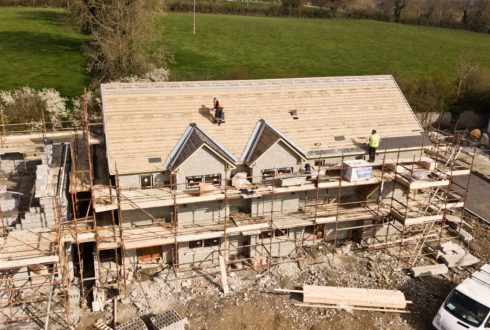
Truss Damage Repairs
Truss Damage Repairs EMA are Forensic engineers Ft.
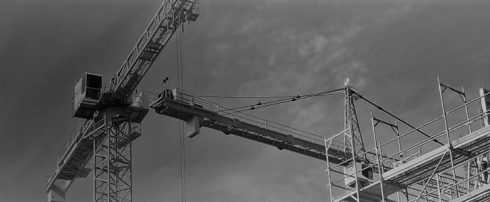
25 and 30 year structural inspections
25 and 30 Year Structural Inspections The process

40 Year Structural Inspections New Orleans
Know About the 40 Year Structural Inspections clearwater

40 Year Structural Inspections Daytona
40 YEAR STRUCTURAL INSPECTIONS DAYTONA February 28, 201?

Structural Engineers Florida
Structural Engineers Florida EMA Structural Engineers Florida analyze,
Posts
- Roof inspections in Plant City – EMA Engineers
- Forensic engineers in Plant City – EMA Engineers
- Structural engineers in Plant City – EMA Engineers
- Milestone inspections in Plant City – EMA Engineers
- Mobile home foundation inspections in Brandon – EMA Engineers
- Florida balcony inspections in Brandon – EMA Engineers
- Condo milestone inspections in Brandon – EMA Engineers
- Structural peer review in Brandon – EMA Engineers
- Roof moisture surveys in Brandon – EMA Engineers
- Structural design of buildings in Brandon – EMA Engineers
- Flood damage inspections in Brandon – EMA Engineers
- Hurricane damage inspections in Brandon – EMA Engineers
- Foundation inspections in Brandon – EMA Engineers
- Roof inspections in Brandon – EMA Engineers
- Forensic engineers in Brandon – EMA Engineers
- Structural engineers in Brandon – EMA Engineers
- Milestone inspections in Brandon – EMA Engineers
- Mobile home foundation inspections in Tampa – EMA Engineers
- Florida balcony inspections in Tampa – EMA Engineers
- Condo milestone inspections in Tampa – EMA Engineers
- Structural peer review in Tampa – EMA Engineers
- Roof moisture surveys in Tampa – EMA Engineers
- Structural design of buildings in Tampa – EMA Engineers
- Flood damage inspections in Tampa – EMA Engineers
- Hurricane damage inspections in Tampa – EMA Engineers
- Foundation inspections in Tampa – EMA Engineers
- Roof inspections in Tampa – EMA Engineers
- Forensic engineers in Tampa – EMA Engineers
- Structural engineers in Tampa – EMA Engineers
- Milestone inspections in Tampa – EMA Engineers
- Mobile home foundation inspections in Clermont – EMA Engineers
- Florida balcony inspections in Clermont – EMA Engineers
- Condo milestone inspections in Clermont – EMA Engineers
- Structural peer review in Clermont – EMA Engineers
- Roof moisture surveys in Clermont – EMA Engineers
- Structural design of buildings in Clermont – EMA Engineers
- Flood damage inspections in Clermont – EMA Engineers
- Hurricane damage inspections in Clermont – EMA Engineers
- Foundation inspections in Clermont – EMA Engineers
- Roof inspections in Clermont – EMA Engineers
- Forensic engineers in Clermont – EMA Engineers
- Structural engineers in Clermont – EMA Engineers
- Milestone inspections in Clermont – EMA Engineers
- Mobile home foundation inspections in Apopka – EMA Engineers
- Florida balcony inspections in Apopka – EMA Engineers
- Condo milestone inspections in Apopka – EMA Engineers
- Structural peer review in Apopka – EMA Engineers
- Roof moisture surveys in Apopka – EMA Engineers
- Structural design of buildings in Apopka – EMA Engineers
- Flood damage inspections in Apopka – EMA Engineers
- Hurricane damage inspections in Apopka – EMA Engineers
- Foundation inspections in Apopka – EMA Engineers
- Roof inspections in Apopka – EMA Engineers
- Forensic engineers in Apopka – EMA Engineers
- Structural engineers in Apopka – EMA Engineers
- Milestone inspections in Apopka – EMA Engineers
- Mobile home foundation inspections in Ocoee – EMA Engineers
- Florida balcony inspections in Ocoee – EMA Engineers
- Condo milestone inspections in Ocoee – EMA Engineers
- Structural peer review in Ocoee – EMA Engineers
- Roof moisture surveys in Ocoee – EMA Engineers
- Structural design of buildings in Ocoee – EMA Engineers
- Flood damage inspections in Ocoee – EMA Engineers
- Hurricane damage inspections in Ocoee – EMA Engineers
- Foundation inspections in Ocoee – EMA Engineers
- Roof inspections in Ocoee – EMA Engineers
- Forensic engineers in Ocoee – EMA Engineers
- Structural engineers in Ocoee – EMA Engineers
- Milestone inspections in Ocoee – EMA Engineers
- Mobile home foundation inspections in Sanford – EMA Engineers
- Florida balcony inspections in Sanford – EMA Engineers
- Condo milestone inspections in Sanford – EMA Engineers
- Structural peer review in Sanford – EMA Engineers
- Roof moisture surveys in Sanford – EMA Engineers
- Structural design of buildings in Sanford – EMA Engineers
- Flood damage inspections in Sanford – EMA Engineers
- Hurricane damage inspections in Sanford – EMA Engineers
- Foundation inspections in Sanford – EMA Engineers
- Roof inspections in Sanford – EMA Engineers
- Forensic engineers in Sanford – EMA Engineers
- Structural engineers in Sanford – EMA Engineers
- Milestone inspections in Sanford – EMA Engineers
- Mobile home foundation inspections in Kissimmee – EMA Engineers
- Florida balcony inspections in Kissimmee – EMA Engineers
- Condo milestone inspections in Kissimmee – EMA Engineers
- Structural peer review in Kissimmee – EMA Engineers
- Roof moisture surveys in Kissimmee – EMA Engineers
- Structural design of buildings in Kissimmee – EMA Engineers
- Flood damage inspections in Kissimmee – EMA Engineers
- Hurricane damage inspections in Kissimmee – EMA Engineers
- Foundation inspections in Kissimmee – EMA Engineers
- Roof inspections in Kissimmee – EMA Engineers
- Forensic engineers in Kissimmee – EMA Engineers
- Structural engineers in Kissimmee – EMA Engineers
- Milestone inspections in Kissimmee – EMA Engineers
- Mobile home foundation inspections in Maitland – EMA Engineers
- Florida balcony inspections in Maitland – EMA Engineers
- Condo milestone inspections in Maitland – EMA Engineers
- Structural peer review in Maitland – EMA Engineers
- Roof moisture surveys in Maitland – EMA Engineers
- Structural design of buildings in Maitland – EMA Engineers
- Flood damage inspections in Maitland – EMA Engineers
- Hurricane damage inspections in Maitland – EMA Engineers
- Foundation inspections in Maitland – EMA Engineers
- Roof inspections in Maitland – EMA Engineers
- Forensic engineers in Maitland – EMA Engineers
- Structural engineers in Maitland – EMA Engineers
- Milestone inspections in Maitland – EMA Engineers
- Mobile home foundation inspections in Winter Park – EMA Engineers
- Florida balcony inspections in Winter Park – EMA Engineers
- Condo milestone inspections in Winter Park – EMA Engineers
- Structural peer review in Winter Park – EMA Engineers
- Roof moisture surveys in Winter Park – EMA Engineers
- Structural design of buildings in Winter Park – EMA Engineers
- Flood damage inspections in Winter Park – EMA Engineers
- Hurricane damage inspections in Winter Park – EMA Engineers
- Foundation inspections in Winter Park – EMA Engineers
- Roof inspections in Winter Park – EMA Engineers
- Forensic engineers in Winter Park – EMA Engineers
- Structural engineers in Winter Park – EMA Engineers
- Milestone inspections in Winter Park – EMA Engineers
- Mobile home foundation inspections in Orlando – EMA Engineers
- Florida balcony inspections in Orlando – EMA Engineers
- Condo milestone inspections in Orlando – EMA Engineers
- Structural peer review in Orlando – EMA Engineers
- Roof moisture surveys in Orlando – EMA Engineers
- Structural design of buildings in Orlando – EMA Engineers
- Flood damage inspections in Orlando – EMA Engineers
- Hurricane damage inspections in Orlando – EMA Engineers
- Foundation inspections in Orlando – EMA Engineers
- Roof inspections in Orlando – EMA Engineers
- Forensic engineers in Orlando – EMA Engineers
- Structural engineers in Orlando – EMA Engineers
- Milestone inspections in Orlando – EMA Engineers
- Mobile home foundation inspections in Viera – EMA Engineers
- Florida balcony inspections in Viera – EMA Engineers
- Condo milestone inspections in Viera – EMA Engineers
- Structural peer review in Viera – EMA Engineers
- Roof moisture surveys in Viera – EMA Engineers
- Structural design of buildings in Viera – EMA Engineers
- Flood damage inspections in Viera – EMA Engineers
- Hurricane damage inspections in Viera – EMA Engineers
- Foundation inspections in Viera – EMA Engineers
- Roof inspections in Viera – EMA Engineers
- Forensic engineers in Viera – EMA Engineers
- Structural engineers in Viera – EMA Engineers
- Milestone inspections in Viera – EMA Engineers
- Mobile home foundation inspections in Merritt Island – EMA Engineers
- Florida balcony inspections in Merritt Island – EMA Engineers
- Condo milestone inspections in Merritt Island – EMA Engineers
- Structural peer review in Merritt Island – EMA Engineers
- Roof moisture surveys in Merritt Island – EMA Engineers
- Structural design of buildings in Merritt Island – EMA Engineers
- Flood damage inspections in Merritt Island – EMA Engineers
- Hurricane damage inspections in Merritt Island – EMA Engineers
- Foundation inspections in Merritt Island – EMA Engineers
- Roof inspections in Merritt Island – EMA Engineers
- Forensic engineers in Merritt Island – EMA Engineers
- Structural engineers in Merritt Island – EMA Engineers
- Milestone inspections in Merritt Island – EMA Engineers
- Mobile home foundation inspections in Satellite Beach – EMA Engineers
- Florida balcony inspections in Satellite Beach – EMA Engineers
- Condo milestone inspections in Satellite Beach – EMA Engineers
- Structural peer review in Satellite Beach – EMA Engineers
- Roof moisture surveys in Satellite Beach – EMA Engineers
- Structural design of buildings in Satellite Beach – EMA Engineers
- Flood damage inspections in Satellite Beach – EMA Engineers
- Hurricane damage inspections in Satellite Beach – EMA Engineers
- Foundation inspections in Satellite Beach – EMA Engineers
- Roof inspections in Satellite Beach – EMA Engineers
- Forensic engineers in Satellite Beach – EMA Engineers
- Structural engineers in Satellite Beach – EMA Engineers
- Milestone inspections in Satellite Beach – EMA Engineers
- Mobile home foundation inspections in Titusville – EMA Engineers
- Florida balcony inspections in Titusville – EMA Engineers
- Condo milestone inspections in Titusville – EMA Engineers
- Structural peer review in Titusville – EMA Engineers
- Roof moisture surveys in Titusville – EMA Engineers
- Structural design of buildings in Titusville – EMA Engineers
- Flood damage inspections in Titusville – EMA Engineers
- Hurricane damage inspections in Titusville – EMA Engineers
- Foundation inspections in Titusville – EMA Engineers
- Roof inspections in Titusville – EMA Engineers
- Forensic engineers in Titusville – EMA Engineers
- Structural engineers in Titusville – EMA Engineers
- Milestone inspections in Titusville – EMA Engineers
- Mobile home foundation inspections in Rockledge – EMA Engineers
- Florida balcony inspections in Rockledge – EMA Engineers
- Condo milestone inspections in Rockledge – EMA Engineers
- Structural peer review in Rockledge – EMA Engineers
- Roof moisture surveys in Rockledge – EMA Engineers
- Structural design of buildings in Rockledge – EMA Engineers
- Flood damage inspections in Rockledge – EMA Engineers
- Hurricane damage inspections in Rockledge – EMA Engineers
- Foundation inspections in Rockledge – EMA Engineers
- Roof inspections in Rockledge – EMA Engineers
- Flood damage inspections in Deltona – EMA Engineers
- Hurricane damage inspections in Deltona – EMA Engineers
- Foundation inspections in Deltona – EMA Engineers
- Roof inspections in Deltona – EMA Engineers
- Forensic engineers in Deltona – EMA Engineers
- Structural engineers in Deltona – EMA Engineers
- Milestone inspections in Deltona – EMA Engineers
- Mobile home foundation inspections in New Smyrna Beach – EMA Engineers
- Florida balcony inspections in New Smyrna Beach – EMA Engineers
- Condo milestone inspections in New Smyrna Beach – EMA Engineers
- Structural peer review in New Smyrna Beach – EMA Engineers
- Roof moisture surveys in New Smyrna Beach – EMA Engineers
- Structural design of buildings in New Smyrna Beach – EMA Engineers
- Flood damage inspections in New Smyrna Beach – EMA Engineers
- Hurricane damage inspections in New Smyrna Beach – EMA Engineers
- Foundation inspections in New Smyrna Beach – EMA Engineers
- Roof inspections in New Smyrna Beach – EMA Engineers
- Forensic engineers in New Smyrna Beach – EMA Engineers
- Structural engineers in New Smyrna Beach – EMA Engineers
- Milestone inspections in New Smyrna Beach – EMA Engineers
- Mobile home foundation inspections in Ormond Beach – EMA Engineers
- Florida balcony inspections in Ormond Beach – EMA Engineers
- Condo milestone inspections in Ormond Beach – EMA Engineers
- Structural peer review in Ormond Beach – EMA Engineers
- Roof moisture surveys in Ormond Beach – EMA Engineers
- Structural design of buildings in Ormond Beach – EMA Engineers
- Flood damage inspections in Ormond Beach – EMA Engineers
- Hurricane damage inspections in Ormond Beach – EMA Engineers
- Foundation inspections in Ormond Beach – EMA Engineers
- Roof inspections in Ormond Beach – EMA Engineers
- Forensic engineers in Ormond Beach – EMA Engineers
- Structural engineers in Ormond Beach – EMA Engineers
- Milestone inspections in Ormond Beach – EMA Engineers
- Mobile home foundation inspections in Daytona Beach – EMA Engineers
- Florida balcony inspections in Daytona Beach – EMA Engineers
- Condo milestone inspections in Daytona Beach – EMA Engineers
- Structural peer review in Daytona Beach – EMA Engineers
- Roof moisture surveys in Daytona Beach – EMA Engineers
- Structural design of buildings in Daytona Beach – EMA Engineers
- Flood damage inspections in Daytona Beach – EMA Engineers
- Hurricane damage inspections in Daytona Beach – EMA Engineers
- Foundation inspections in Daytona Beach – EMA Engineers
- Roof inspections in Daytona Beach – EMA Engineers
- Forensic engineers in Daytona Beach – EMA Engineers
- Structural engineers in Daytona Beach – EMA Engineers
- Milestone inspections in Daytona Beach – EMA Engineers
- Florida Milestone Inspection Engineers. Hurry & Call
- EMA Structural Forensic Engineers
- Submit Assignment
- Need Forensic Engineers Fort Myers
- Hurricane Damaged Building Forensic Engineers Professional
- Do you Need roof moisture surveys Daytona & Orlando!
- Need Hurricane damage inspections Fort Myers
- Need concrete corrosion detection? Fast & Accurate
- Need Hurricane Ian damage inspections
- Quick Hurricane Flood Damage Inspection?
- Fast Electrical Infrared Inspections Jacksonville Florida
- Damaged Buildings Inspection Expert Consultants
- Need Quick Flood Damage Inspections Fort Myers?
- Need Structural Inspections Per Permits
- Need Condo Milestone Inspections Quickly
- New Condo Milestone Inspections Clearwater
- Post Storm Flood Damage Inspections Quick
- Need Hurricane Ian damage inspections Poinciana
- Need Forensic Engineers Fort Myers??
- Hurricane Damage Inspections by Expert Florida P.E
- Professional Roof Moisture Surveys Orlando!
- Do you need infrared inspections for Buildings ?
- Milestone Inspection Vs Structural Integrity Reserve Study
- Condo Milestone Inspections Jacksonville
- Inspections: Milestone V. Structural Integrity Reserve Study
- Milestone Inspections Broward County
- Florida SB-4D Condo Inspections
- Florida Condominium Structural Safety Inspections
- Shoring Inspections
- Flood Damage Inspections Texas, (832) 548-3972
- Concrete GPR Scan Daytona
- 40 Year Structural Certification Daytona
- 40 Year Structural Certifications
- Roof Infrared Inspections
- Hiring Construction Expert
- Florida Building Engineers
- Forensic Engineers Texas
- Electrical Infrared Inspections Florida
Categories
- Uncategorized
- they should not be considered an alternative to an actual home inspection by a local inspector. Also
- The Villages
- structural engineers
- or use the search box to locate specific information. And for our home inspection website
- or on one of the links to your subject in the index below
- Moisture Testing & Inspections
- mobile/manufactured
- Lead & Other ContaminantsPlumbingRadonPool and SpaRoof and AtticRemodelingSafetySite"Should I Buy A…"StairsTermites
- Home Page and Blog IndexRecent Blogs Archive How to Look at a HouseBlog Index(alphabetical by subject)McGarry and Madsen's blog for buyers of site-built
- go to www.thevillagesbestinspector.com Older and Historic HousesMold
- Forensic Engineering
- Florida Milestone Inspections
- FL 32162www.thevillagesbestinspector.com • mcgarryandmadsen@mac.comWhile we hope you find this series of articles about home inspection helpful
- DFCI
- construction methods and materials vary in different parts of the country and it is possible that important issues related to your area may not be covered here. © McGarry and Madsen
- Construction
- Condominium structural Inspections
- CAFCI
- Building
- … Are open stair risers acceptable? Friday
Testimonials
Projects
- Village Marketplace Structural Design
- Surfside Condos Milestone Inspections
- Florida Milestone Inspections
- Roof Hail Damage
- Structural Engineers Florida
- Structural Inspections Plam Beach
- Structural Inspections Daytona
- Truss Damage Repairs
- Structural Damage Inspections
- Structural Condition Surveys
- Forensic Building Engineers
Services
- Structural Engineers
- 50 year structural inspections Houston
- Miami Structural Engineers, Forensic Engineers
- Structural Engineers Florida
- 40 Year Structural Inspections Daytona
- 40 Year Structural Inspections New Orleans
- 25 and 30 year structural inspections
- Truss Damage Repairs
- Structural Damage Inspections
- Damage Inspections Florida
- Structural Condition Surveys
- Forensic Engineers
- Forensic Engineers Florida
- Forensic Engineers Orlando Tampa Daytona
- Forensic Engineers Ft. Lauderdale
- Forensic Fngineers Miami
- Storm Damage Inspections

